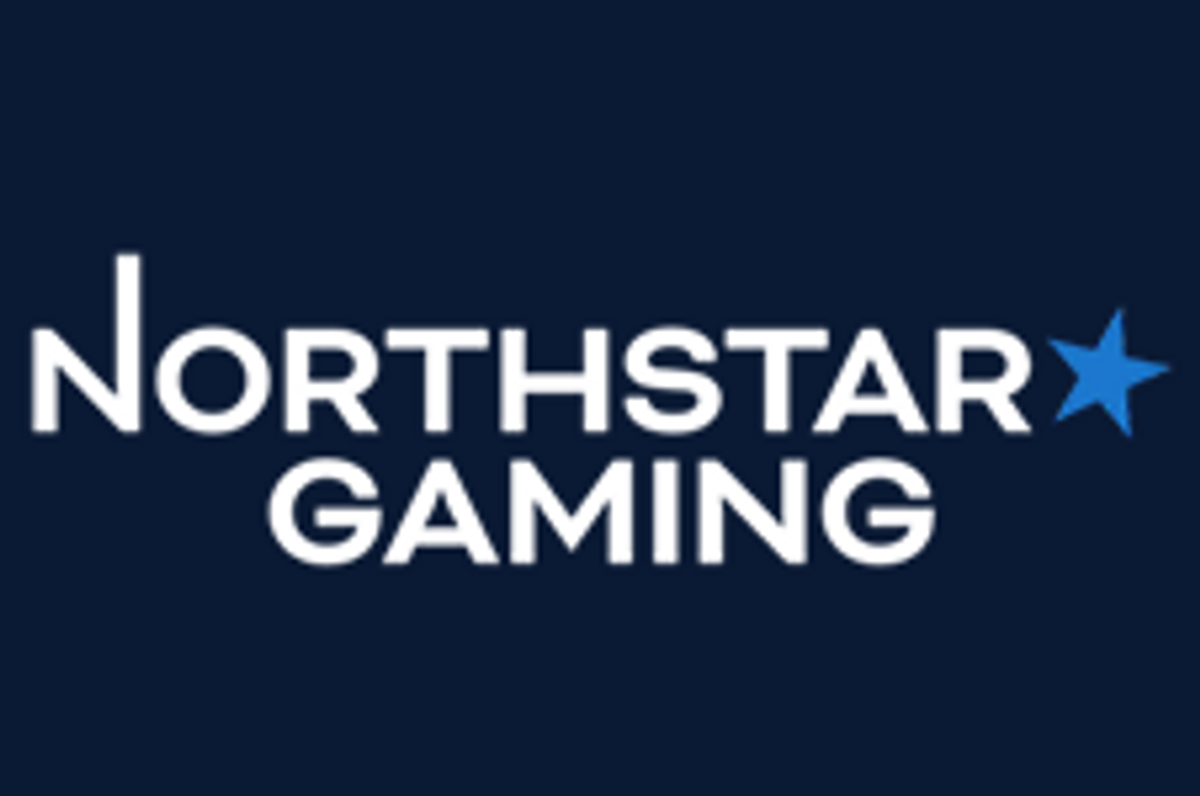In artificial intelligence, multi-agent systems can be thought of as a society of individuals (agents) that interact by exchanging knowledge and negotiating to achieve an individualglobal goal. In real life, multi-agent systems are used in resource management; information security; manufacturing planning, scheduling, and control; monitoring, diagnosis, and control; e-commerce; biomedicine; and virtual enterprise. Given their immense usefulness, researchers are constantly trying to find new ways to use these systems in real-world settings.
Prof. Yang Tang from East China University of Science and Technology, Prof. Qing- Long Han , a member of the Academia Europaea and IEEE Fellow from Swinburne University of Technology , Australia , and Prof. Jürgen Kurths, a member of the Academia Europaea from Potsdam Institute for Climate Impact Research, Germany , work together to dig deep into issues related to multi-agent systems. They probe into the nature of cooperative/non-cooperative behaviors of multi-agent systems from optimization to games, as an approach to solving complex real-world problems.
"Multi-agent systems often involve multi-objective optimization with conflicting objectives, and each object is inevitably affected by uncertainty. Therefore, game theory can endow multi-agent systems with more solutions and provide a means of interdisciplinary integration, such as the integration of games and control, AI, mathematics, and other disciplines," claim the authors.
They considered game theory for an important reason. Games, especially turn-based strategy games, are everywhere around us. Games are specific to situations with interdependence and can be divided into cooperative games and non-cooperative games, or classified into static games and dynamic games, according to the behaviors and action sequence of agents. The researchers have integrated the two classifications for a more comprehensive view of complex real-world scenarios.
In their survey, the authors used game theory to create models of cooperative or competitive behaviors for individual or global optimization goals. The focus was on three aspects of cooperation and competition in multi-agent systems: cooperative optimization, cooperative games, and non-cooperative games. "For game-related problems, a non-cooperative game is formed when an agent's goal may be different or completely opposite to that of other agents; conversely, a cooperative game is formed when an agent absolutely cooperates with other agents and consider common interests," clarify the authors.
The survey tackles multiple angles: first, it focuses on distributed online optimization, federated optimization, and their applications in privacy protection. Then, by focusing on static and dynamic games with cooperative and competitive factors, respectively, the study bridges the transition from cooperative optimization to cooperative games in a novel way.
So where can these findings be used?
Using a particularly illustrative example, the authors say, "In smart cities, these findings can be used to build an intelligent traffic decision-making system relying on urban big data. This means that the duration of traffic lights at intersections can be optimized, so that the t raffic flow can be adjusted, the load of the road network can be balanced, and the utilization efficiency of road resources can be improved."
The applications also range across other fields. In economics, market competition can be modeled as a game problem. In information security, non-cooperative attack-defense games can be constructed to find the optimal defense strategy by identifying the intention of the interaction information and predicting aggressive behavior. Even in drug development, cooperative games can be constructed to obtain the maximum utility of the macromolecular structure.
Clearly, game theory is a game-changer for multi-agent systems!
Reference
Title of original paper: Cooperative and Competitive Multi-agent Systems: From Optimization to Games
Journal: IEEE/CAA Journal of Automatica Sinica
DOI: https://doi.org/10.1109/JAS.2022.105506
Contact:
Yan Ou
+86 102544459
336256@email4pr.com
![]() View original content to download multimedia: https://www.prnewswire.com/news-releases/new-study-in-ieeecaa-jas-describes-multi-agent-systems-for-optimization-and-decision-making-through-games-301545032.html
View original content to download multimedia: https://www.prnewswire.com/news-releases/new-study-in-ieeecaa-jas-describes-multi-agent-systems-for-optimization-and-decision-making-through-games-301545032.html
SOURCE IEEE/CAA Journal of Automatica Sinica


